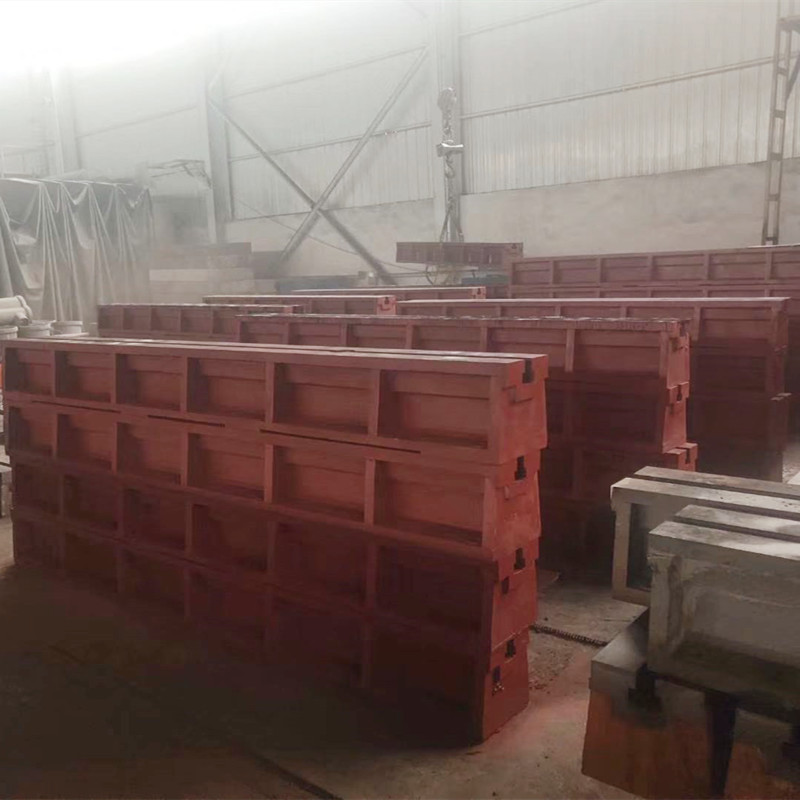Nov . 25, 2024 09:40 Back to list
Understanding the Functionality and Applications of Water Pressure Regulation Valves
Understanding Water Pressure Valves A Comprehensive Overview
Water pressure valves are essential components in plumbing systems, ensuring a consistent and safe flow of water within residential and commercial buildings. These valves regulate the pressure of water, preventing damage to pipes and fixtures, and ensuring efficient water usage. Given the critical functions they perform, understanding how they work and their various types can aid homeowners and builders in making informed decisions about their plumbing systems.
At its core, a water pressure valve works by adjusting the flow of water based on the pressure levels detected in the pipeline. When water enters a system, it exerts pressure on the walls of pipes. If this pressure exceeds the safe limits, it can lead to leaks, bursts, or damage to appliances such as washing machines and dishwashers. Water pressure valves step in to mitigate these issues by either releasing excess pressure or restricting the flow, thereby maintaining an optimal pressure level.
There are several types of water pressure valves, each designed for specific applications. One of the most common is the pressure-reducing valve (PRV), which is typically installed at the main supply line entering a building. A PRV reduces high incoming water pressure to a safe, manageable level, usually between 40 to 60 psi (pounds per square inch). This adjustment not only protects plumbing fixtures but also improves water efficiency by reducing wastage.
water pressure valves

Another significant type is the pressure relief valve, which serves as a safety device to prevent excessive pressure buildup in systems such as water heaters. These valves automatically open when pressure exceeds a predetermined threshold, allowing water to escape and preventing potential explosions or damages.
Moreover, there are pressure-regulating valves specifically designed for irrigation systems. These valves ensure that water is delivered optimally to plants, avoiding overwatering or underwatering, thereby promoting healthy growth and conserving water resources.
Installation and maintenance of water pressure valves are vital for their effective operation. It is recommended to have these valves installed by a qualified plumber to ensure they are set correctly for the specific needs of the plumbing system. Regular maintenance checks can help identify any issues, such as corrosion or wear, which might impair the valve’s functionality over time.
In conclusion, water pressure valves play a vital role in maintaining the integrity and efficiency of plumbing systems. They protect fixtures and appliances from damage caused by high pressure and contribute to water conservation efforts. Understanding the different types of water pressure valves and their functions can help homeowners and builders select the right valves for their specific needs, ensuring a safe and efficient water supply system. As water conservation becomes increasingly critical, investing in quality water pressure valves is not just prudent but necessary for sustainable water management.
-
thread-plug-gauge-our-promise-of-measurement-excellenceNewsAug.22,2025
-
gauge-pin-class-reflecting-quality-legacyNewsAug.22,2025
-
check-valve-types-for-high-rise-buildingsNewsAug.22,2025
-
water-control-valve-for-irrigation-systemsNewsAug.22,2025
-
gate-valve-with-soft-seal-technologyNewsAug.22,2025
-
y-type-strainer-for-oil-and-gas-applicationsNewsAug.22,2025
Related PRODUCTS









